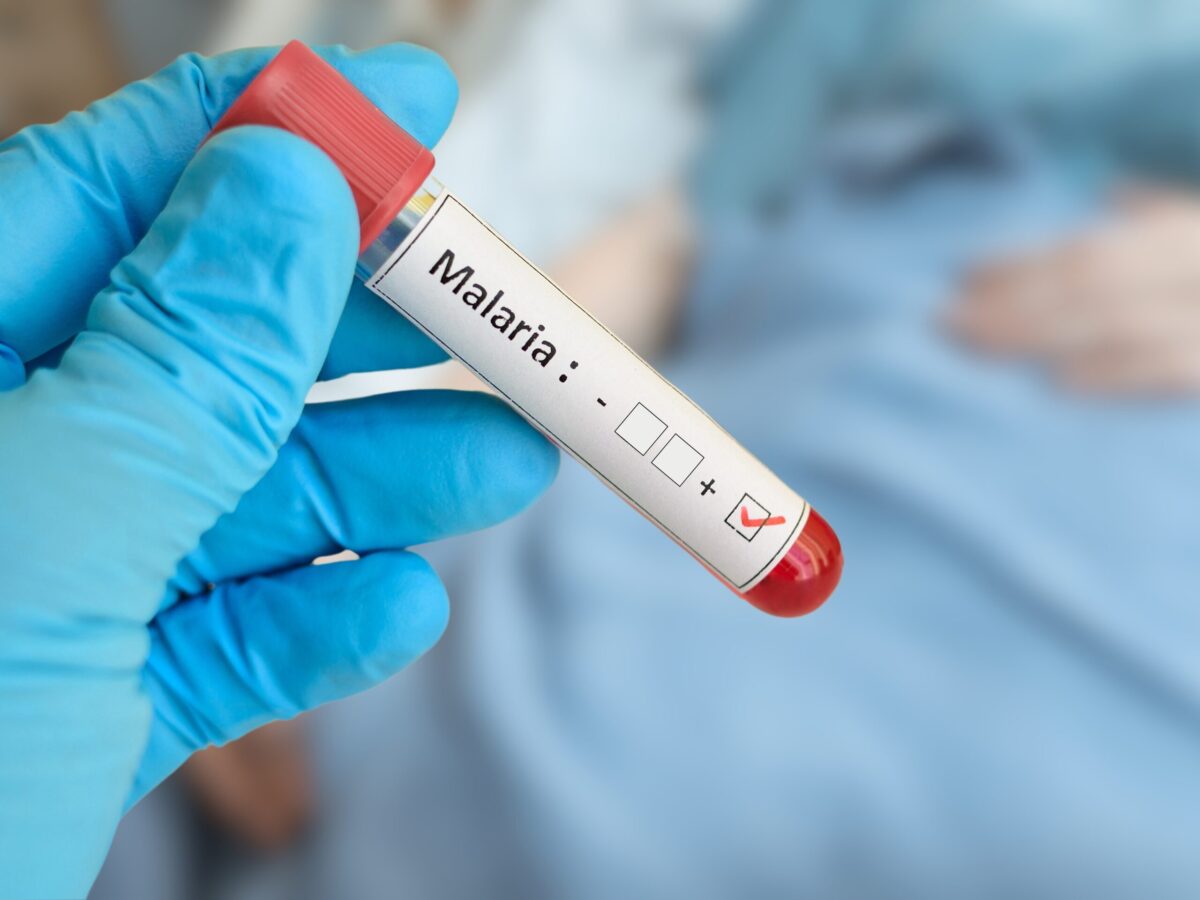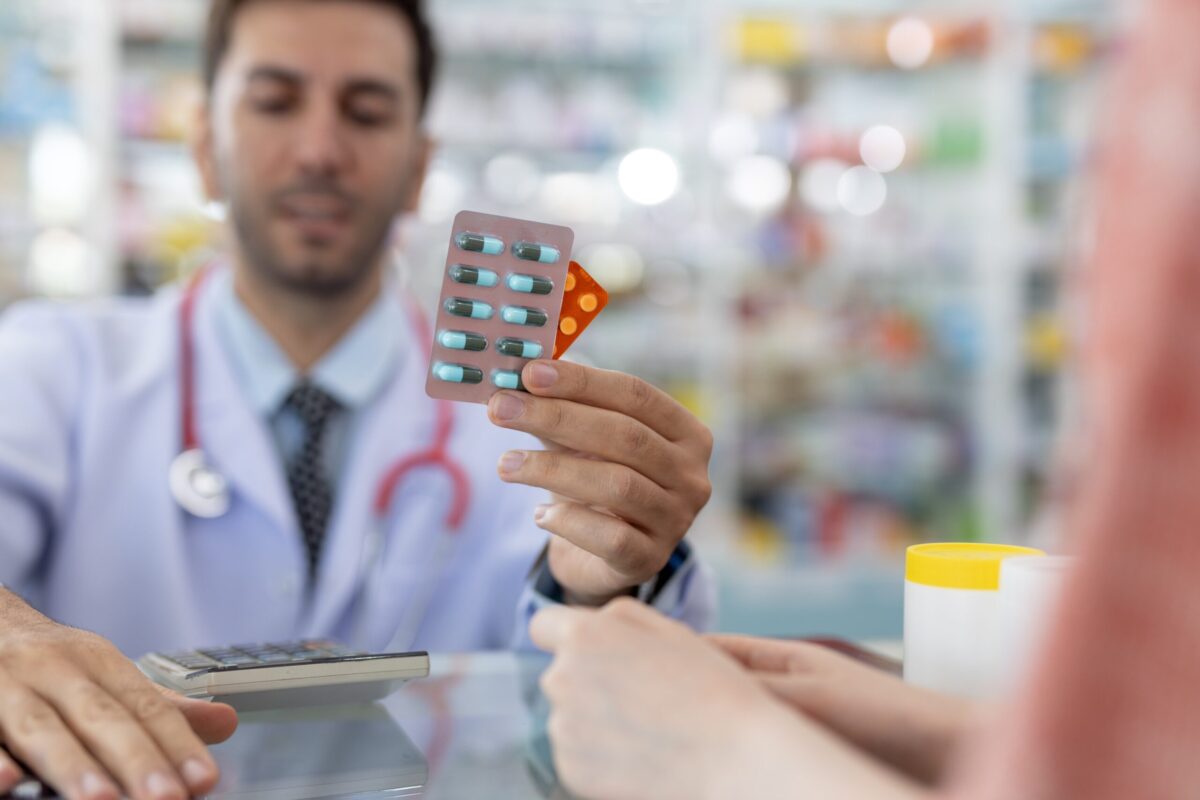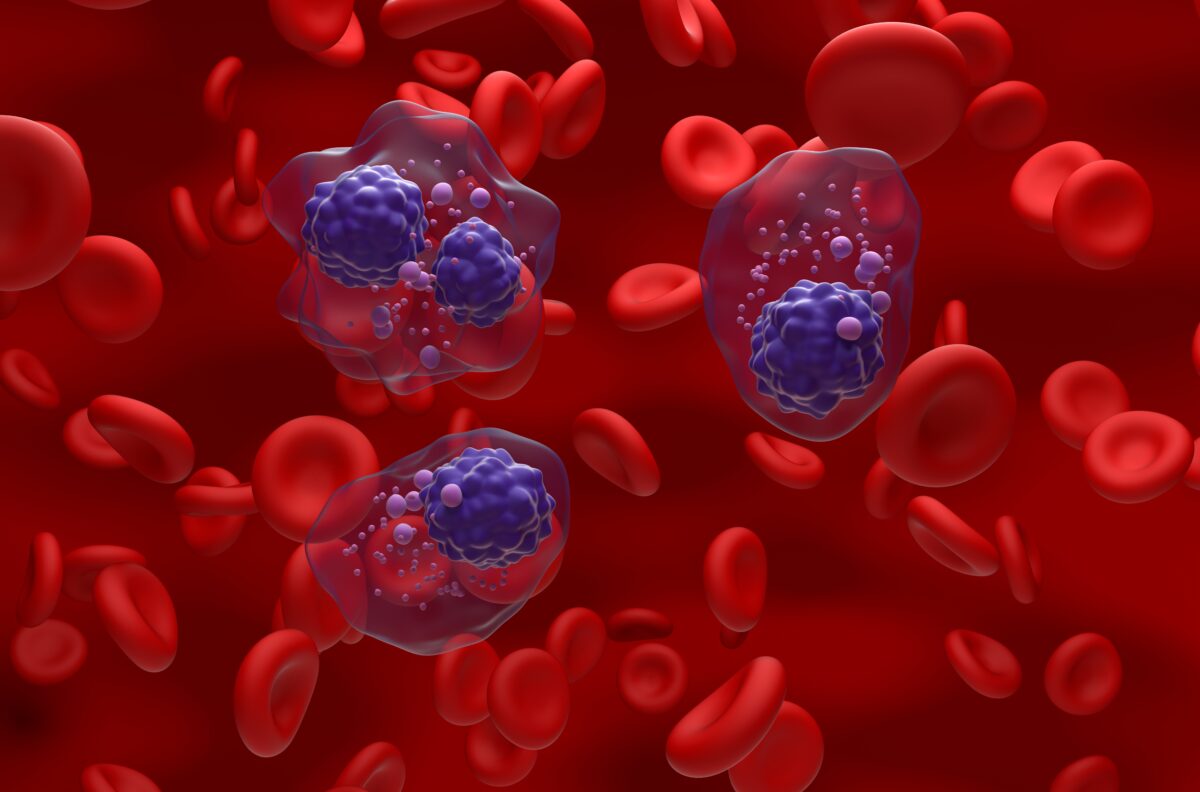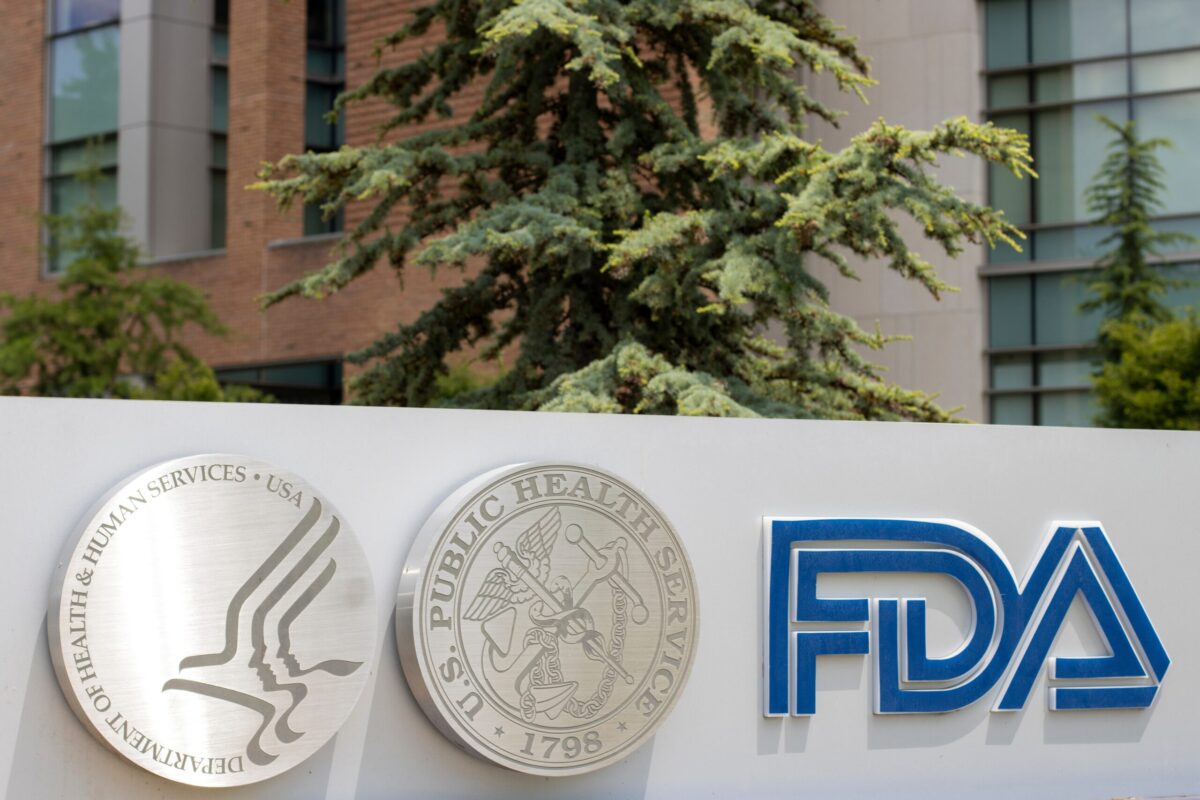Antibiotics are currently our strongest weapon against tough microbial infections, but their non-targeted nature can have damaging effects on the beneficial bacteria that make up the microbiome. Researchers at a French biotech company, Da Volterra, believe that a modified version of activated charcoal could solve this problem by allowing antibiotics to kill pathogenic microbes while sparing those that are important to gut health.
The researchers also think that the use of activated charcoal could help address the growing issue of antibiotic resistance, as broadly wiping out the majority of bacterial species in the intestine can make patients vulnerable to more serious infections. The results of the study were published in bioRxiv, a preprint server hosted by Cold Spring Harbor Laboratory.
Due to its super-absorbent characteristics, activated charcoal is already used in hospital settings to treat patients experiencing a drug overdose. However, to make the activated charcoal work as an addition to antibiotic treatment, the researchers made a few changes.
The activated charcoal was enveloped in a special coating that only releases the absorbent material once it reaches the large intestine. In this way, it allows the activated charcoal to absorb any excess antibiotics before they have an effect on the beneficial bacteria of the large intestine, but the coating prevents it from soaking up the whole dose of antibiotics before it can do its job.
A clinical trial involving 44 healthy volunteers was conducted to determine how well the slow-release activated charcoal would work. Twenty-eight participants were given a five-day course of the antibiotic moxifloxacin, with 14 of those volunteers also being given the activated charcoal, named DAV132. Two control groups, consisting of eight patients each, were also included in the study, with one group receiving the DAV132 alone and the other given nothing.
While the DAV132 treatment didn’t seem to have an impact on the amount of drug entering the bloodstream, it did reduce the amount of residual antibiotics in the feces by 99 percent. This suggests that the drug would still be effective at fighting a bacterial infection, but the DAV132 activated charcoal would degrade it before it reached the beneficial bacteria-rich large intestine.
Interesting, the activated charcoal alone seemed to have a protective effect on the gut microbiome. Of the 250 species of gut bacteria that were negatively affected in participants treated with antibiotics alone, 90 percent were protected by DAV132.
“The results are promising,” said Dr. Willem van Schaik, Professor in Microbiology and Infection at the University of Birmingham. “It’s a really exciting approach to protect the microbiome from antibiotics.”
The research team hopes to test DAV132 in patients prescribed antibiotics for bacterial infections sometime in 2018. For now, they warn that people using antibiotics should not mix them with activated charcoal as that will likely completely counteract the action of the drugs.












Join or login to leave a comment
JOIN LOGIN